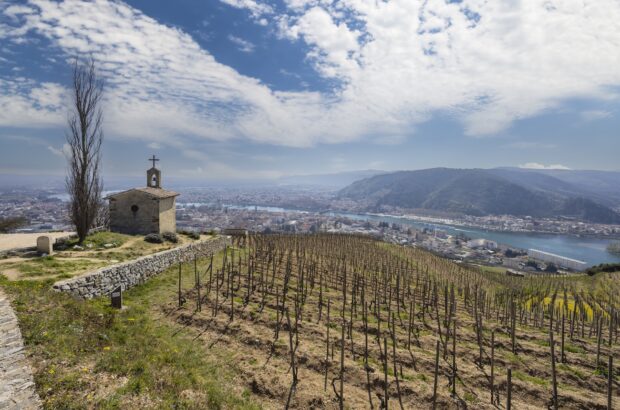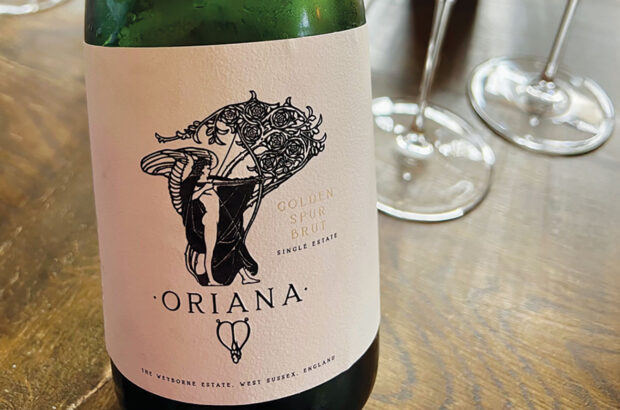June 12, 2009
Source: The Daily Telegraph http://www.telegraph.co.uk/health/healthnews/5505861/Red-wine-ingredient-is-a-wonderdrug.html
Researchers claim moderate drinking of red wine appears to reduce “all causes of mortality” and protects people from age-related disorders such as dementia, diabetes and high blood pressure.
They said that the key ingredient appears to be resveratrol which in small doses acts as an antioxidant protecting organs but in larger quantities kills dangerous cancer cells.
“The breadth of benefits is remarkable – cancer prevention, protection of the heart and brain from damage, reducing age-related diseases such as inflammation, reversing diabetes and obesity, and many more,” said Professor Lindsay Brown of the University of Queensland.
October 2, 2007
Source: Daily Mail http://www.dailymail.co.uk/health/article-485188/Wine-berry-pills-aid-fight-cancer.html
Pills made from rice, berries and red wine could soon be available to help prevent cancer.
British scientists are pioneering the use of food compounds to protect against tumours in the breast, colon and prostate.
They are studying four different pills after examining the diets of people who are less likely to develop cancer.
The tablets are made from isolated chemical compounds in Thai sticky rice, bilberries, red wine and spices, and should be available by 2010. Scientists have been given financial backing to test the red wine pill in the laboratory by Cancer Research UK.
December 15, 2003
Source: Scientific American
Scientists have discovered another potential cancer-inhibiting property of red wine – and this time it is activated by oak. Researchers have found that red wine stored in oak barrels extracts a substance called vescalagin from the oak, Scientific American magazine reports.
When vescalagin reacts with the flavonoids catechin and epicatechin, which are both present in red wine, a compound called acutissimin A can be formed.
Acutissimin A and its sister compound Acutissimin B (which has also been found in red wine kept in oak) have antitumor properties. They inhibit the enzyme DNA topoisomerase II, which is known to be a cause of cancer.
Written by






